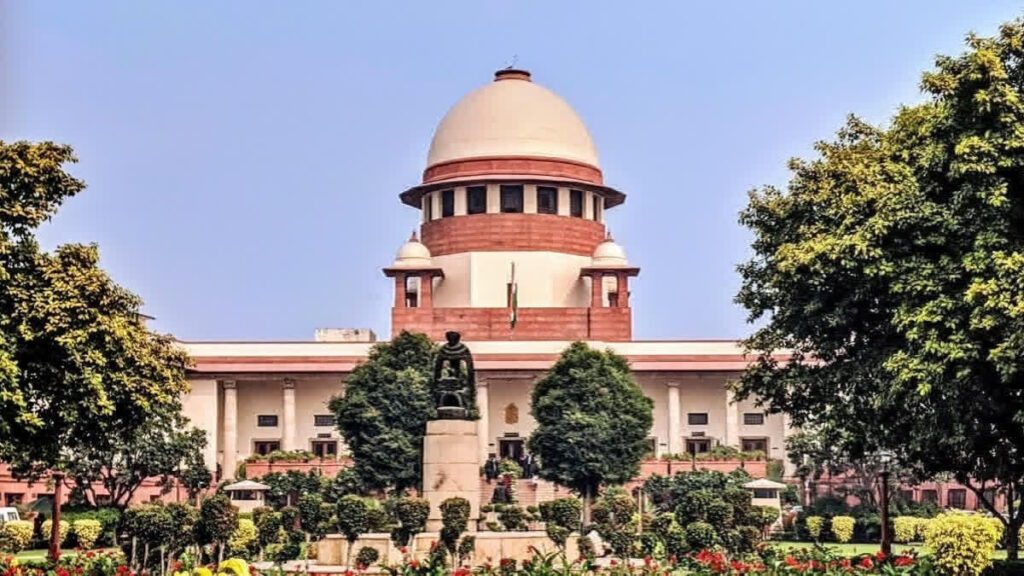Jahanvi Agarwal
On January 31, 2024, the Supreme Court emphasized the necessity for accountability, transparency, and efficiency in bodies enforcing environmental laws, issuing several directives to ensure the proper functioning of environmental regulatory entities.
“Effective functioning of environmental bodies is imperative for the protection, restitution, and development of the ecology,” said the Bench of Justices BR Gavai, PS Narasimha, and Prashant Kumar Mishra.
Justice BR Gavai, heading the bench, underscored the significance of effective functioning for the protection and development of ecology, stating, “We seek to emphasize and reiterate the importance of ensuring the effective functioning of these environmental bodies.”
The court’s order coincided with its approval of the Centre’s notification, transforming the Central Empowered Committee (CEC), an expert committee aiding the Supreme Court on environmental and forest matters, into a permanent body. Members of the CEC will now be chosen by the Centre for a fixed tenure and assigned specific functions.
In endorsing the two notifications issued by the government on September 5 and 8, which established the CEC as a permanent body and named its chairperson and members, the bench expressed satisfaction that its concerns regarding the CEC’s functioning had been addressed.
However, the court also stressed the need for proper institutionalization of authorities and bodies responsible for enforcing the environmental rule of law. The bench(already mentioned) highlighted the pivotal role of these bodies in environmental governance, asserting that they must operate with efficiency, integrity, and independence while being accountable as duty-bearers.
Case Name: In Re: T.N. Godavarman Thirumulpad v. Union Of India & Ors.
Diary Number: 202/1995
Bench: Justices BR Gavai, PS Narasimha and Prashant Kumar Mishra.

